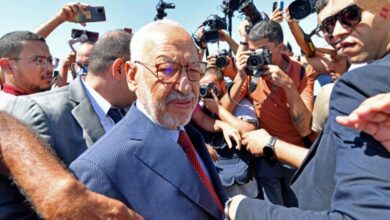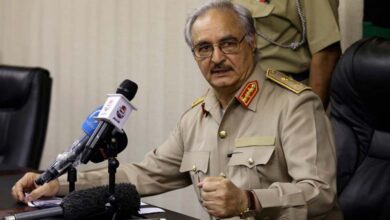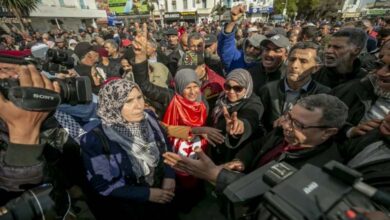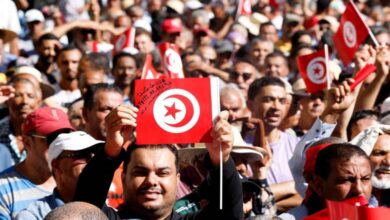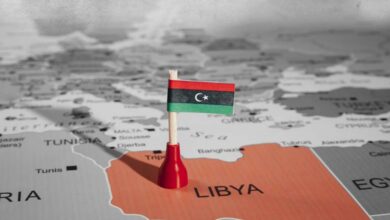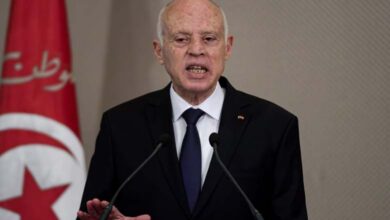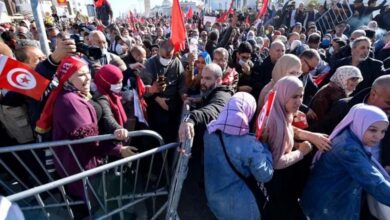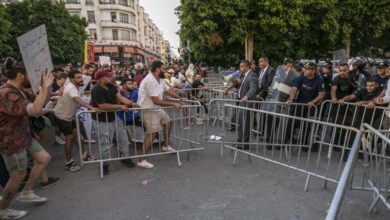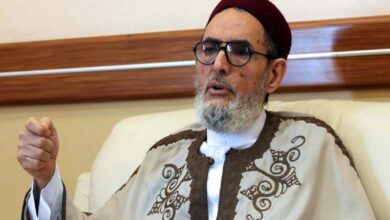The situation in Libya has worsened
The situation in Libya is worsening... What are the proposed solutions for the political crisis?
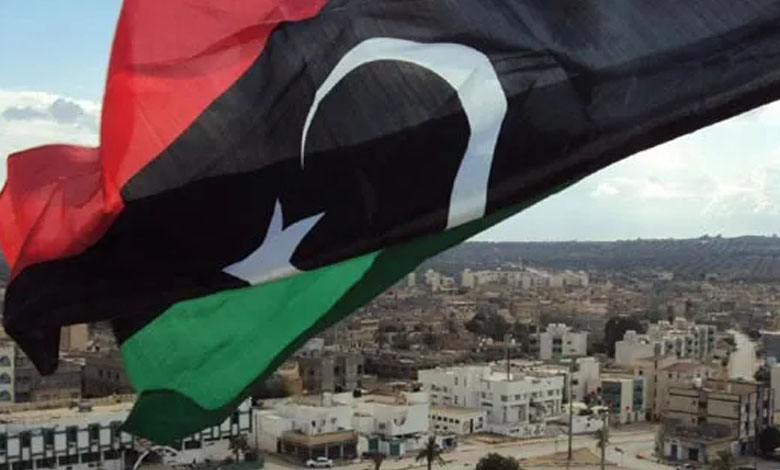
The new negotiation process in Libya has failed to resolve the dispute between Libyan political parties regarding the constitutional and legal frameworks for elections, despite international, regional, and international interventions to establish a roadmap leading the country to hold elections. It has also failed to resolve the contentious issues related to individuals aspiring to govern the country.
In the latest episode of the ongoing controversy surrounding election laws, the High Council of State (Tripoli) announced a “preliminary” vote to accept the roadmap amid divergent positions during the session. Some members accused the council’s leadership of passing the resolution in violation of internal regulations. However, the session dedicated to discussing the roadmap and the outcomes of the (6+6) Committee was postponed due to disagreements among deputies about the legitimacy of the session held by the Second Deputy of the Council at the end of last month.
UN intervention
Given the ongoing disagreements regarding the elections, the United Nations Special Envoy to Libya, Abdoulaye Bathily, announced that he has informed the Security Council of his intention to gather the main Libyan institutions and actors to reach a “comprehensive negotiation and moderate solutions” regarding the most contentious issues. This is based on Security Council Resolution (2656) of 2022.
Bathily stated in a statement published by the UN mission on its website on Tuesday that he will intensify his communication in the coming weeks with the main Libyan institutions, as well as political and security leaders, in preparation for these negotiations. He mentioned his ongoing contacts over the past few months with all political and security leaders in Libya, relevant institutions, representatives of civil society, women and youth, dignitaries, municipal councils, political parties, and other components of the Libyan society to discuss how to launch a process that will lead to successful, inclusive, and credible elections as soon as possible, in a safe environment and on the basis of equal opportunities.
Political settlement
In his statement, the UN envoy called on the main Libyan institutions and parties to reach a “comprehensive political settlement” on the most contentious points that were identified in his briefing to the Security Council on June 19. These points include the conditions for presidential candidacy, the requirement for a mandatory second round in presidential elections, and the demand for the formation of a new interim government before the elections.
Urgent solutions
According to Libyan political analyst Dr. Mohammed Zubeidi, the (6+6) Committee, composed of the House of Representatives and the High Council of State, has reached election laws that have sparked controversy in the country and demands for their amendment. However, the committee insists that its laws are “final and binding.”
The Libyan analyst added that some provisions of these laws are still controversial in Libya, with opposition from a number of deputies in the House of Representatives, the High Council of State, and political parties demanding their amendment. However, the (6+6) Committee has declared its laws to be “final and binding,” noting that the roadmap has set a timeline of up to 240 days (8 months) to hold elections, starting from the issuance of the election laws approved by the (6+6) Committee.
He further stated that resolving the crisis requires immediate dialogue between the conflicting parties to reach fundamental solutions to end the conflict in Libya and achieve resolutions.


